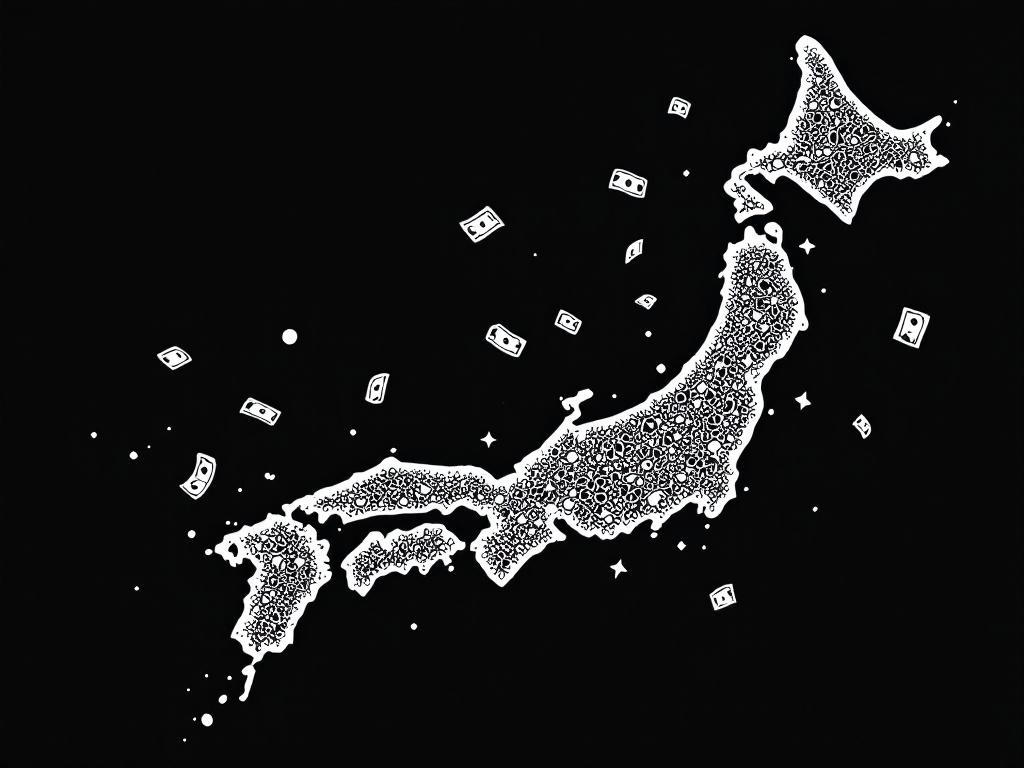Japan's Inflation Rises to 2.9% in September, First Increase Since May

Tokyo, Friday, 24 October 2025.
Japan’s inflation climbed to 2.9% in September, led by energy costs. This may prompt the Bank of Japan to reconsider monetary policy, affecting the Nikkei 225 and investor sentiment.
Core Inflation and Economic Impacts
Japan’s core inflation rate, excluding fresh food but inclusive of energy costs, rose to 2.9% in September 2025, up from 2.7% in August [1]. This increase aligns with the Bank of Japan’s data showing consumer prices also climbing to 2.9%, exceeding the central bank’s target of 2% [2]. These figures suggest an upward trend in inflation, attributed largely to rising energy costs driven by increased electricity and gas prices following the expiration of temporary government subsidies [3].
Potential Monetary Policy Shifts
The Bank of Japan is closely monitoring inflation trends, with a policy meeting scheduled for October 29-30, 2025. While the inflation rate exceeds the BOJ’s target, the central bank’s cautious stance suggests no immediate rate hikes are expected [4]. However, new Prime Minister Sanae Takaichi’s proposed economic stimulus package, exceeding $90 billion, may put pressure on the bank to adjust its policies to manage economic stability [5].
Market Reactions and Investor Outlook
The announcement of September’s inflation figures led to a weakening of the yen, with the USD/JPY exchange rate rising to 152.65 [6]. This currency movement reflects investor concerns over Japan’s economic outlook and the potential for policy adjustments by the BOJ. The Nikkei 225 Index could react to these developments as investors reassess their strategies in light of changing inflation dynamics and government policies [7].
Broader Economic Context and Future Projections
Japan’s economic landscape is characterized by persistent inflationary pressures, driven in part by global supply chain disruptions and domestic cost increases [8]. Analysts predict that if inflation remains above 2% in the coming months, it could lead to significant political and economic repercussions, including potential rate hikes by the BOJ in early 2026 [9]. As the government prepares to implement its fiscal measures, the focus will remain on balancing inflation control with economic growth [10].
Sources
- www.cnbc.com
- www.reuters.com
- tradingeconomics.com
- gianlucabenigno.substack.com
- www.ebc.com
- pantheonmacro.com